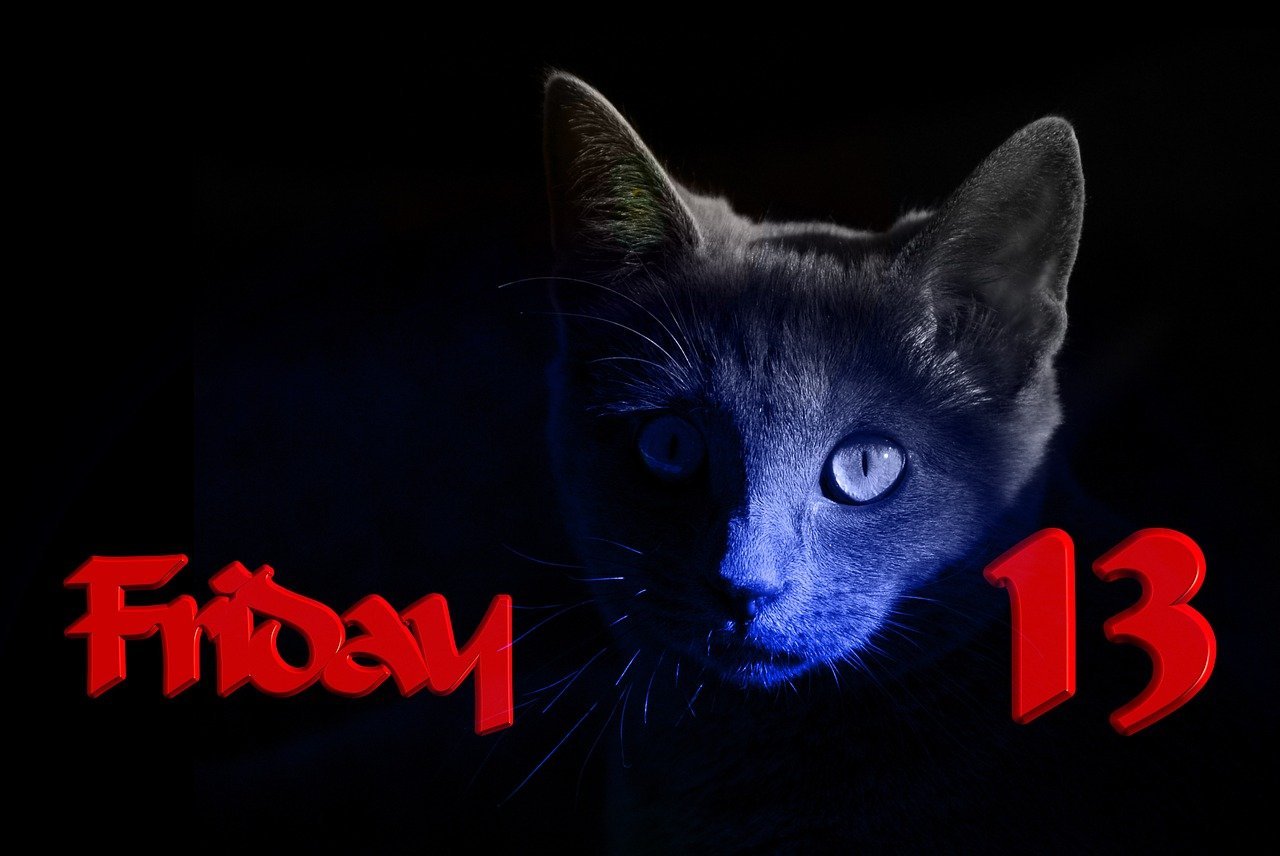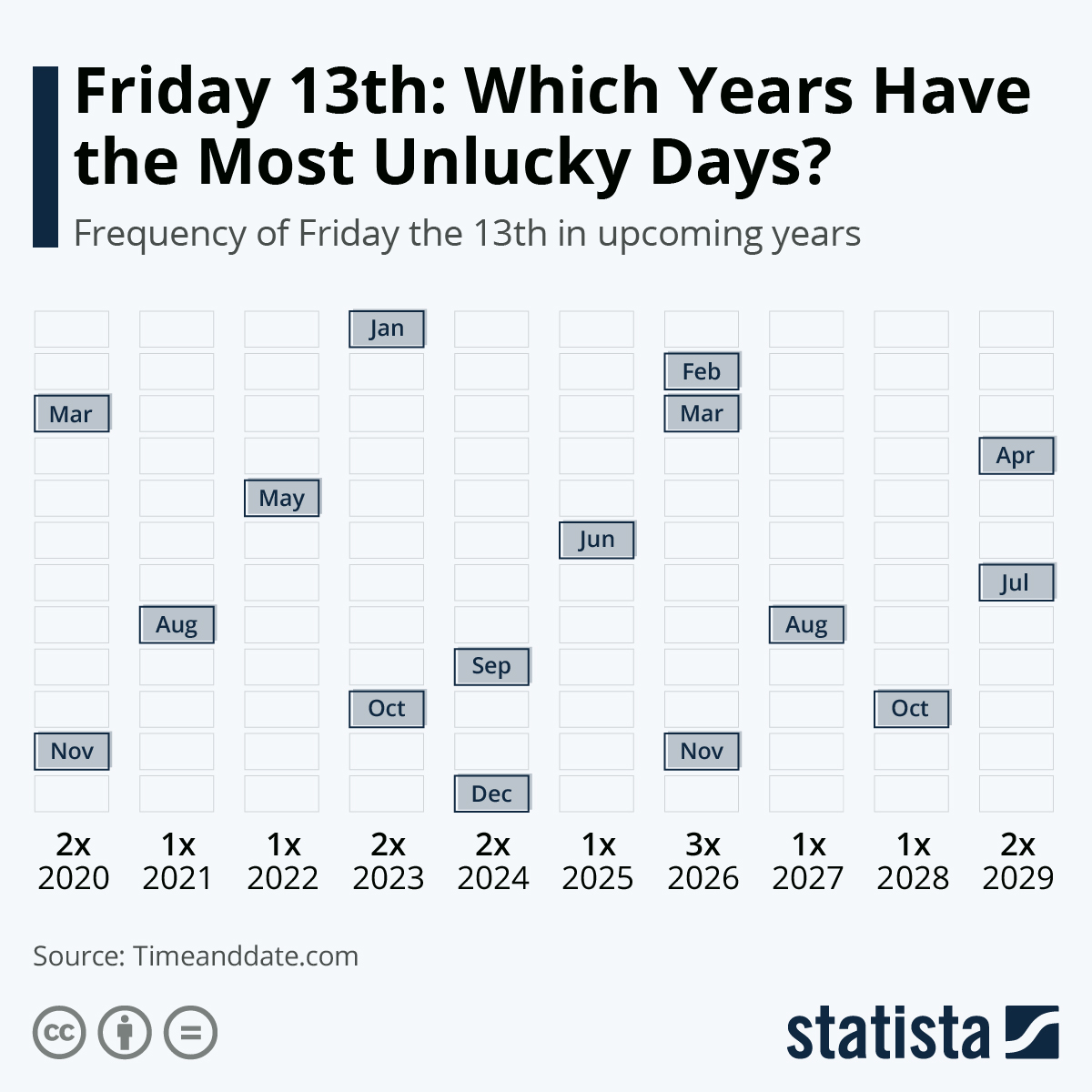
American singer-songwriter Taylor Swift may consider 13 her lucky number. However, millions of people worldwide do not share the sentiment. The fear of the number increases to a new level when the date coincides with a Friday — as is the case this week. No one knows how Friday the 13th got its fearsome reputation. But experts have some theories.
Thomas Fernsler, an associate policy scientist at the University of Delaware, thinks 13 is feared because it follows the "perfect" number 12. There are 12 months in a year, 12 hours on a clock face, 12 zodiac signs, 12 tribes of Israel, 12 apostles of Jesus, and so on. Those with triskaidekaphobia — the fear of 13 — perceive the number as incomplete and, therefore, "unlucky."

Donald Dossey, the author of "Holiday Folklore, Phobias, and Fun," has a different explanation. He thinks 13's bad reputation stems from when the Vikings lived in Scandinavia. According to a popular legend, twelve gods were enjoying a peaceful dinner at their mythological heaven, Valhalla, when Loki crashed the party. The Norse god purportedly instigated Hoder — the blind god of darkness — to kill Balder, the god of joy and gladness. To this day, many people avoid having 13 guests at a party. In France, some businesses even "rent" a 14th dinner guest, or quatorzieme.
The fear of Friday can also be credited to religion. According to the Bible, Jesus was crucified on a Friday. The date is not believed to be the 13th. However, it happened after the Last Supper, which was attended by 13 men, including Judas Iscariot, the apostle that betrayed Jesus. Many biblical scholars also believe that Eve tempted Adam with the forbidden fruit on a Friday. The only historical event believed to have occurred on Friday the 13th is when Adam and Eve's son Cain killed his brother, Abel.

Regardless of the reason, the fear of Friday the 13th is widespread. Experts estimate that over 20 million Americans, and scores more worldwide, suffer from "friggatriskaidekaphobia" or "paraskevidekatriaphobia." Their symptoms range from mild anxiety to a nagging fear that something terrible will happen. Some even experience full-blown panic attacks. Ironically, a 2008 study by the Dutch Centre for Insurance Statistics revealed that fewer traffic accidents occur on Friday the 13th than on other Fridays. Reports of fire and theft also dropped.
Given the rampant fear, it should be no surprise that Friday the 13th hurts the US economy. Businesses lose an estimated $900 million on the dreaded day as the superstitious avoid going to work, traveling, or making big purchases. Many companies try to curb the losses by offering deals. So, enjoy 2022's only Friday the 13th by treating yourself to a bargain or two.
Happy Friday The 13th
Resources: ibtimes.com, wikipedia.org, businessinsider.com, Nationalgeographic.com
